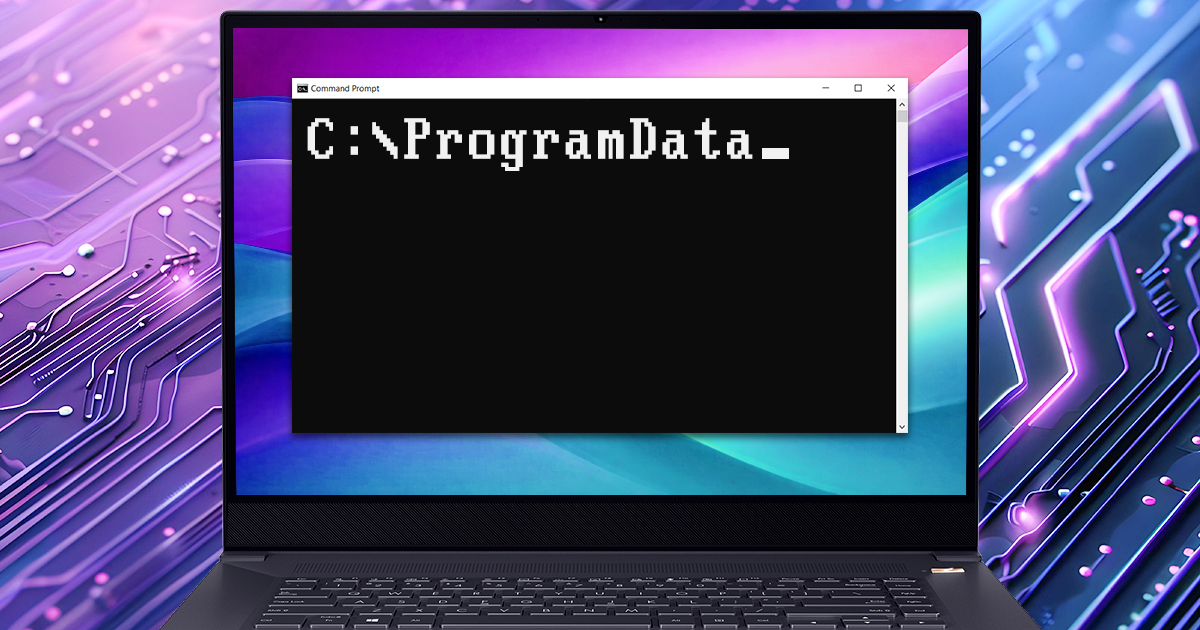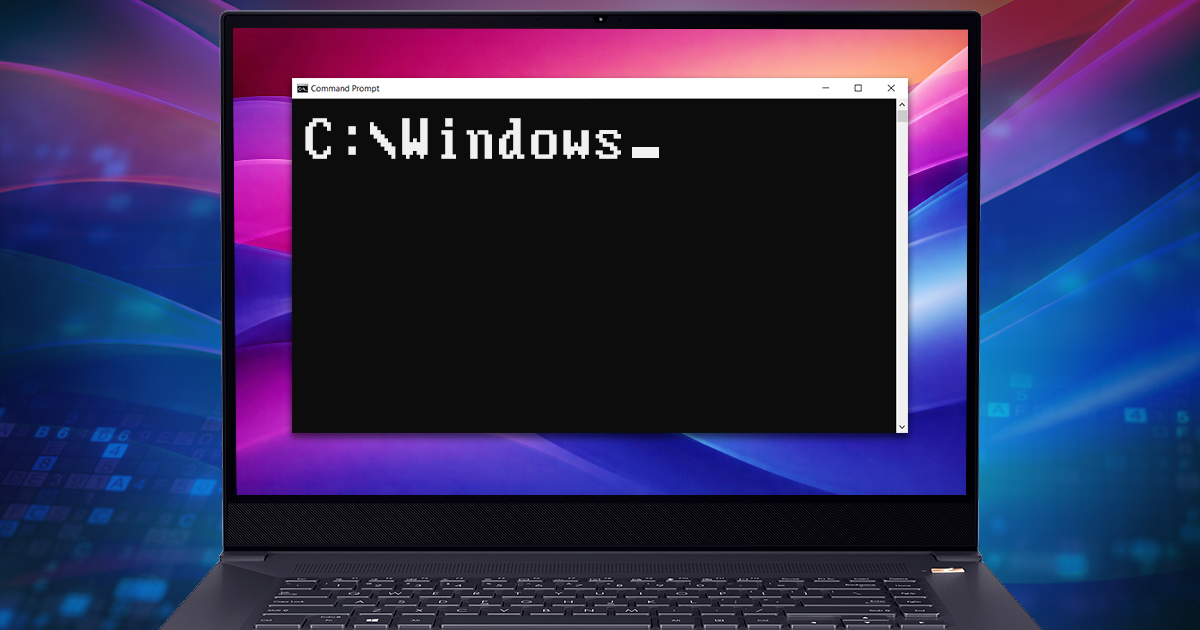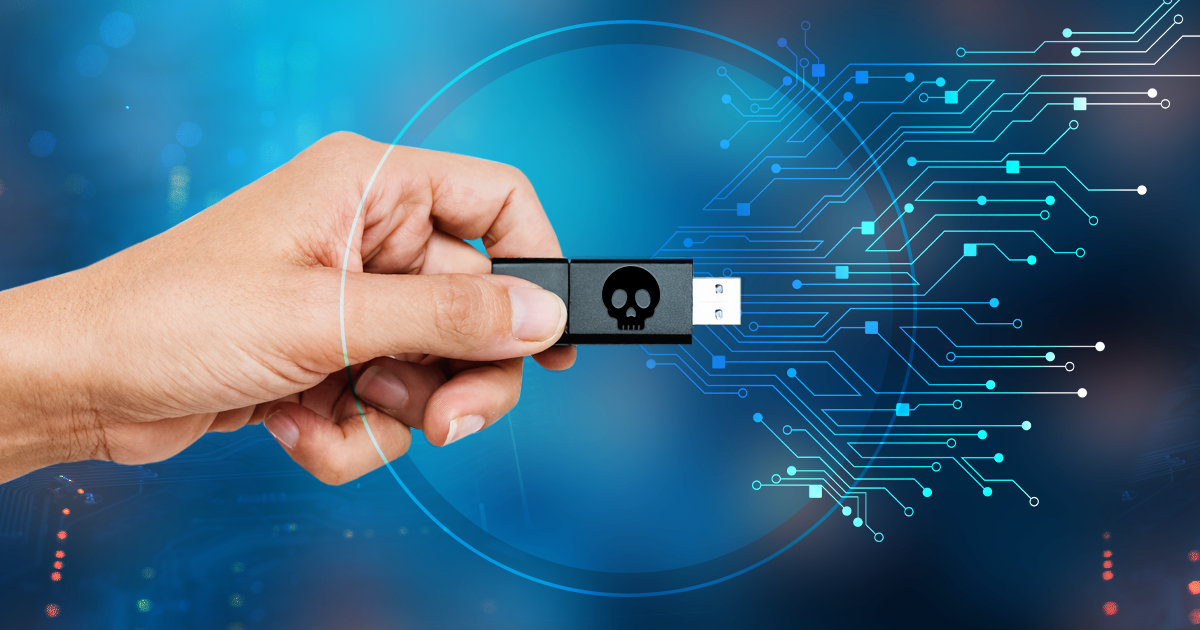Today’s smartphones and wearable devices collect overwhelming amounts of data about the user’s health. Health information including the user’s daily activities, workouts, medical conditions, body measurements and many other types of information is undoubtedly one of the most sensitive types of data. Yet, smartphone users are lenient to trust this highly sensitive information to other parties. In this research, we’ll figure out how Apple and Google as two major mobile OS manufacturers collect, store, process and secure health data. We’ll analyze Apple Health and Google Fit, research what information they store in the cloud, learn how to extract the data. We’ll also analyze how both companies secure health information and how much of that data is available to third parties.
An update to Google Play Services enables manual Google Drive backup option on many Android handsets. Since Android 6.0, Android has had an online backup solution, allowing Android users back up and restore their device settings and app data from their Google Drive account. Android backups were running on top of Google Play Services; in other words, they were always part of Google Android as opposed to being part of Android Open Source. Unlike iOS with predictable iCloud backups and the manual “Backup now” option, Google’s backup solution behaved inconsistently at best. In our (extensive) tests, we discovered that the first backup would be only made automatically on the second day, while data for most applications would be backed up days, if not weeks after the initial backup. The ability to manually initiate a backup was sorely missing. (more…)
Starting with version 2.40, Elcomsoft Extractor for WhatsApp supports physical and cloud acquisition of WhatsApp Business. The physical extraction method requires root access, while cloud acquisition requires authenticating into the user’s Google Drive account with proper authentication credential. In addition, a verification code received from WhatsApp as an SMS must be provided to decrypt the backup downloaded from Google Drive. In this guide, we’ll describe all the steps required to perform physical and cloud acquisition of WhatsApp Business. (more…)
Cloud acquisition is arguably the future of mobile forensics. Even today, cloud services by Apple and Google often contain more information than any single device – mostly due to the fact that cloud data is collected from multiple sources.
With over 1.3 billion monthly users, WhatsApp is the most popular instant messaging tool worldwide, and Android is the most popular mobile operating system by far. This makes WhatsApp acquisition from Android devices essential for the law enforcement. Elcomsoft Explorer for WhatsApp 2.30 can now download and decrypt Android user’s encrypted WhatsApp communication histories stored in Google Drive. If you have access to the user’s trusted phone number or their physical SIM card (to receive a verification code from WhatsApp), you can now use Elcomsoft Explorer for WhatsApp to download, decrypt and display WhatsApp communication histories backed up into the user’s Google Account. Surprisingly, a cloud backup may, in certain cases, contain even more information than stored on the device itself. This particularly applies to attachments (photos and videos) sent and received by WhatsApp users and then deleted from the device.
There are three major mobile operating systems, and three major cloud services. Most Android users are deep into the Google’s ecosystem. iCloud is an essential part of iOS, while cloud services provided by Microsoft under the OneDrive umbrella are used not only by the few Windows Phone and Windows 10 Mobile customers but by users of other mobile and desktop platforms.
In today’s thoroughly connected world, everyone shares at least some of their personal information with, well, strangers. Voluntarily or not, people using personal computers or mobile devices have some of their information transmitted to, processed, stored and used by multiple online service providers.


